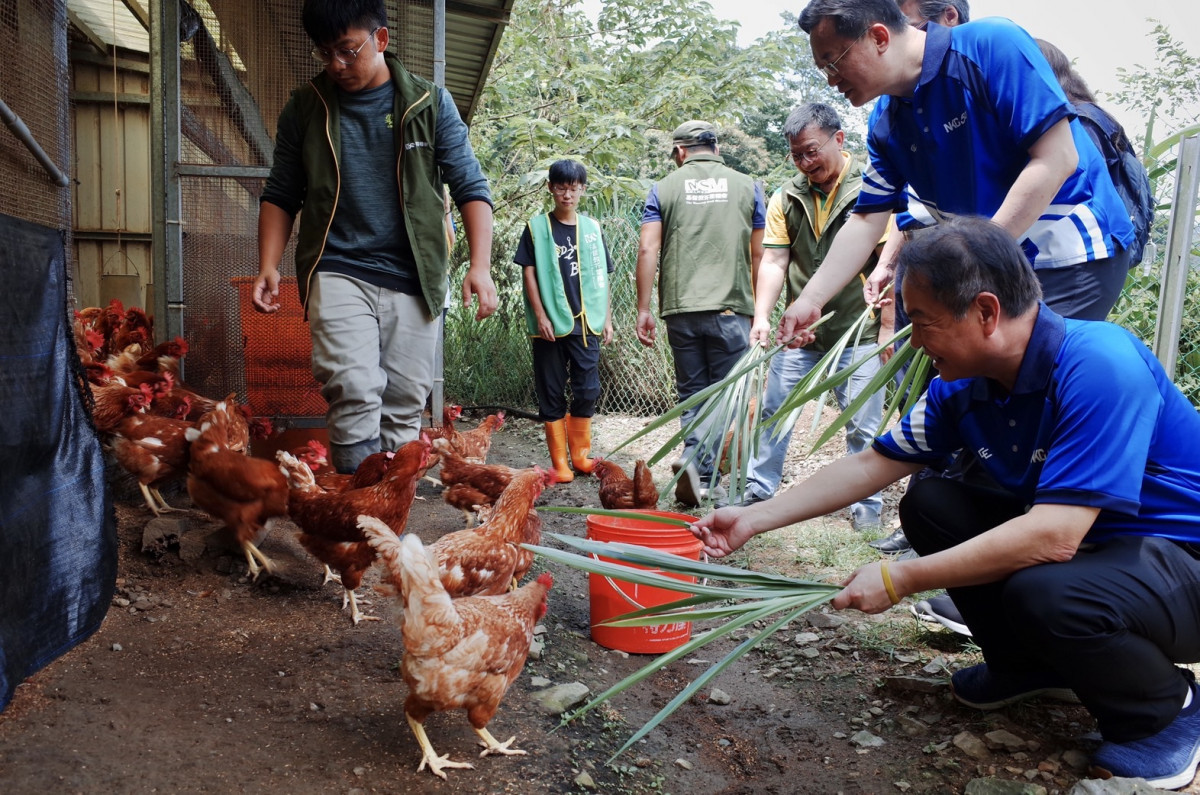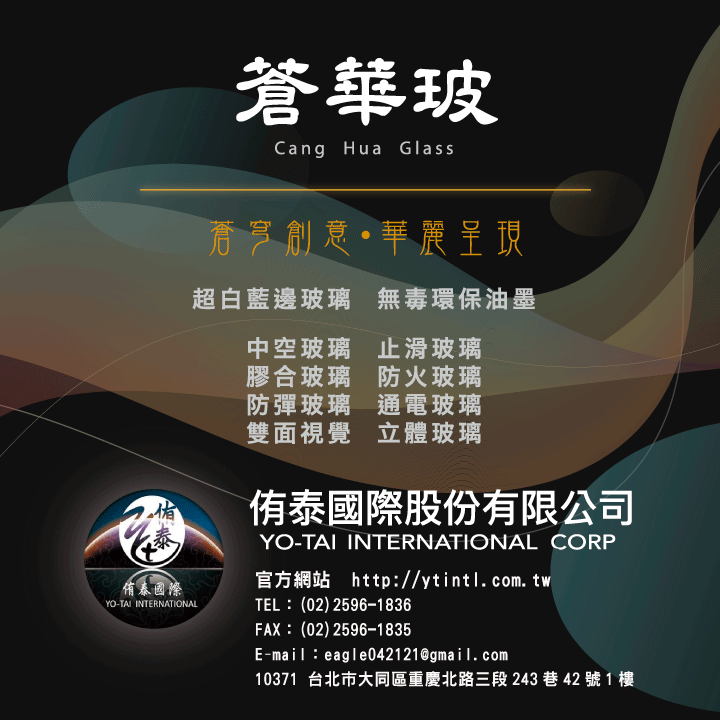
基督教芥菜種會長期投入偏鄉部落扶持工作,近年來更以社會企業模式,協助部落小農克服食品檢驗高牆,創造在地就業機會,翻轉偏鄉經濟。芥菜種會輔導部落以自然農業友善飼養模式生產雞蛋,取得友善環境標章,並透過「習得」品牌行銷,從飼養、撿蛋到加工茶葉蛋,創造完整產業鏈,更呼籲企業投入社會參與,為環境永續與部落經濟發展注入新動能。
突破食品檢驗困境,創造規模化經濟:
食品檢驗程序繁複、費用高昂,對部落小農而言是一大挑戰。芥菜種會透過資源整合,導入生產標準化流程,協助小農通過超過70項食品檢驗,逐步走向規模化經濟,改善偏鄉就業困境。南投縣信義鄉35歲青年阿文,因身體障礙長期失業,在芥菜種會的協助下,參與「習得蛋」的分蛋與盒裝工作,重拾生活重心與經濟穩定。
產銷一條龍,從受助到助人:
芥菜種會執行長李肇家表示,「習得蛋」不僅成為全台認養家庭的營養來源,更曾送往嘉義地震災區,展現產銷一條龍的社會效益,也成就受助者自立再助人的循環。 芥菜種會與冠廚餐飲集團合作,生產更具市場競爭力的「習得茶葉蛋」。
攜手企業實踐ESG,推動永續發展:
芥菜種會關注環境永續,與金寶集團合作實踐ESG企業永續發展理念,推動「原民青年返鄉產業發展計畫」,協助部落雞農發展,創造在地就業機會,並鼓勵企業志工參與部落走讀及食農教育,一同參與環境永續實作,支持部落青年。
2020年起深耕偏鄉,持續創造永續生計:
芥菜種會自2020年起投入偏鄉部落產業發展,以社會企業模式突破傳統福利補助,整合產銷通路,協助青年返鄉,創造永續生計。 芥菜種會持續關注偏鄉人口流失、城鄉差距等問題,誠摯邀請企業攜手實踐ESG,共同支持在地社會議題與環境永續。 更多資訊請參考官網:https://lihi.cc/uwdTP
The Mustard Seed Association (MSA) is deeply committed to supporting rural tribal communities in Taiwan. In recent years, MSA has adopted a social enterprise model to help smallholder farmers overcome the challenges of food safety standards, creating local employment opportunities and revitalizing rural economies. MSA guides tribes in adopting sustainable agricultural practices for egg production, obtaining eco-friendly certifications, and marketing their products under the “Xide” brand. This creates a complete value chain, from raising chickens and collecting eggs to processing tea eggs. The MSA calls for increased corporate social responsibility to drive sustainable development and boost tribal economic growth.
Overcoming Food Safety Challenges to Achieve Scale:
Stringent food safety regulations and high testing costs present significant hurdles for small tribal farmers. MSA leverages resource integration and standardized production processes to assist farmers in clearing over 70 food safety checks, enabling them to achieve scale and improve rural employment opportunities. Awen, a 35-year-old young man from Xinyi Township, Nantou County, who had been unemployed for three years due to a physical disability, found renewed purpose and economic stability through MSA’s support, working on egg sorting and packaging for “Xide Eggs.”
Complete Value Chain, from Recipient to Benefactor:
MSA Executive Director Li Zhaojia highlights that “Xide Eggs” not only provide nutritional support to adoption families across Taiwan but were also sent to earthquake-affected areas in Chiayi, showcasing the social impact of their integrated production and distribution system. This exemplifies MSA’s model of empowering individuals to become self-sufficient and ultimately contribute to their communities. The collaboration with Guanchu Catering Group enhances the market competitiveness of “Xide Tea Eggs.”
Collaborating with Businesses for ESG and Sustainable Development:
MSA prioritizes environmental sustainability and partners with Kimbao Group to put ESG principles into action through the “Indigenous Youth Return to Homeland Industrial Development Project.” This initiative creates local job opportunities, encourages corporate volunteer participation in community engagement and food education activities, and offers support and resources to tribal youth. MSA hopes to inspire more businesses to join their mission in promoting sustainable rural development and environmental protection.
Deepening Rural Development Efforts Since 2020:
Since 2020, MSA has dedicated itself to addressing challenges in rural tribal industries, moving beyond traditional welfare assistance with a social enterprise approach. By integrating production and distribution channels, MSA helps young people return to their hometowns and establish sustainable livelihoods. The MSA remains committed to tackling rural depopulation and the urban-rural divide, urging businesses to embrace ESG principles and address local social issues and environmental sustainability. For more information, please visit the official website: https://lihi.cc/uwdTP



